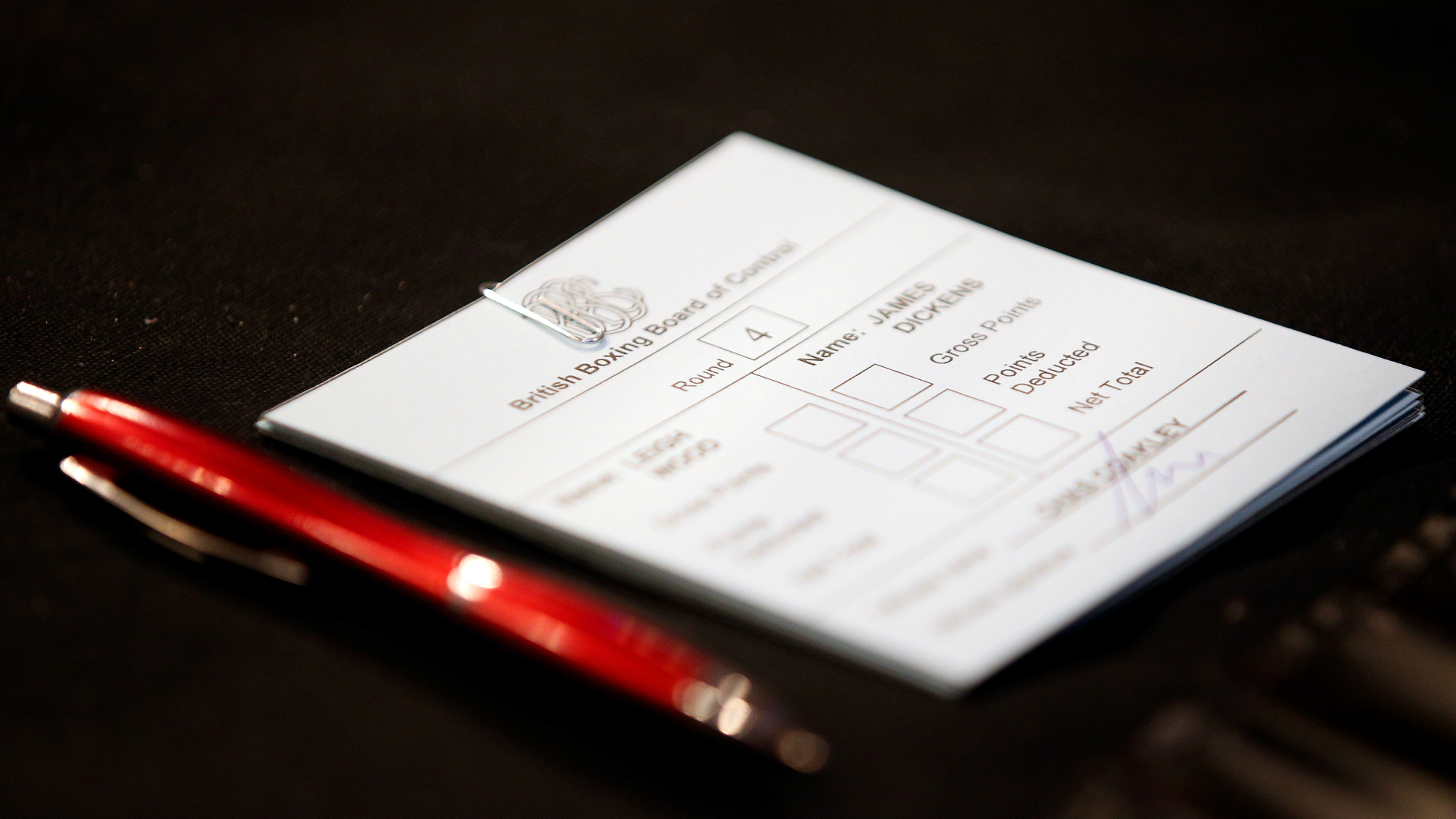“They didn’t stick a knife in me and they didn’t shoot me – but I know that I got robbed.”
Jack Catterall will be painfully aware of how Pernell Whitaker felt back in 1988, when the late, great defensive genius was outpointed in his first world title fight by Mexico’s Jose Luis Ramirez.
Whitaker’s misfortune is often ranked high on the list of boxing’s worst decisions and, for many, Catterall v Taylor becomes the latest addition.
Catterall was a clear winner on my scorecard and “close rounds” and “scrappy fight” are flimsy explanations as to why the verdict went the other way but it would be naïve to believe much will change.
The British Boxing Board of Control have announced a review and, whatever the outcome, it is unlikely to be the last investigation of its kind. The scoring system is based on guidance from various authorities but subjectivity and human error lead to regular explosions of outrage, allegations of corruption and calls for judges to be sanctioned.
Behind the red mist in Glasgow, a breakdown of the official scorecards shows how close Catterall was to getting the four-belt glory he so deserved. Howard Foster scored it 113-112 in Catterall’s favour, while Victor Loughlin made Taylor the winner by the same margin. One round the other way and Loughlin’s card would’ve tallied with Foster’s and Catterall would now be champion.
The card returned by Ian John-Lewis should be the focus of the Board of Control’s concern. The score of 114-111 for Taylor means Catterall lost eight of the 12 rounds – a judgment hard to fathom.
Scoring a fight: how does it work?

The guidelines for scoring laid down by the Board within their ‘Rules of Boxing’ state that “… where contestants are otherwise equal, the majority of points will be given to the one who does most leading off or displays the better style”.
Even here, there is scope for argument: Taylor did most of the leading off, while Catterall displayed the better style.
In the United States, the Association of Boxing Commissions (ABC) advise judges to use four criteria – clean punching (power vs quantity), effective aggression, ring general-ship and defence.
For me, Catterall landed the cleaner punches, surprised many by showing greater ring general-ship and was particularly smart in defence. Taylor might have held sway in terms of aggression but was it always “effective”?
Carl Frampton had told me on a BBC podcast at the turn of the year that Catterall’s form in sparring was breathtaking and he warned of a tough night ahead for Taylor. Catterall seemed so comfortable against a fellow southpaw, denying Taylor the opportunities to land the left hand which had been so potent against Jose Carlos Ramirez last year.
In the corner ahead of the last round, Taylor was informed he “needed a stoppage” by his trainer Ben Davison. Such a message could be interpreted as Angelo Dundee-like kidology but there was genuine concern in the champion’s camp that a points success was no longer an option.
Given the rarity of undisputed showdowns, the magnitude of the contest has amplified the controversy. In my view, the worst scorecard of the weekend was posted by the Hungarian Bence Kovacs, who made Lawrence Okolie the winner by only two rounds in his cruiserweight title fight against Poland’s Michal Cieslak in London. As the overall result was not affected, and the right man won, such ridiculous scoring was overlooked.
So... what should be done? What can be done?
Judging reform: What are the options?

Scoring by computer was used in amateur and Olympic boxing for years and failed to douse the claims of incompetence and corruption. And the much-used Compubox statistics make no allowance for the two key criteria of ring general-ship and defence.
Moreover, another flaw in the process of scoring by numbers was highlighted recently when Chris Eubank floored Liam Williams with a jab in their first round in Cardiff: should that shot have been registered as a “jab” or a “power punch”, or both?
One change worth considering is the wearing of noise-cancelling headphones by the judges sat ringside. In the Okolie fight on Sunday, Kovacs might well have been influenced by the crowd, which included a large Polish contingent who cheered even when Cieslak missed. Likewise in Glasgow, where there were deafening roars as Taylor sometimes connected with little more than thin air.
Ultimately, though, the credibility of the judges, the authorities and the sport as a whole rests on the virtues of honesty, integrity and competence. And as judges take their seats by the ring apron, they should remind themselves of a message within the ABC’s guide – one which applies all too poignantly right now in the case of Jack Catterall:
“The decisions that you render will have a major impact on the life and career of the boxers that you judge. Don’t take this responsibility lightly.”
